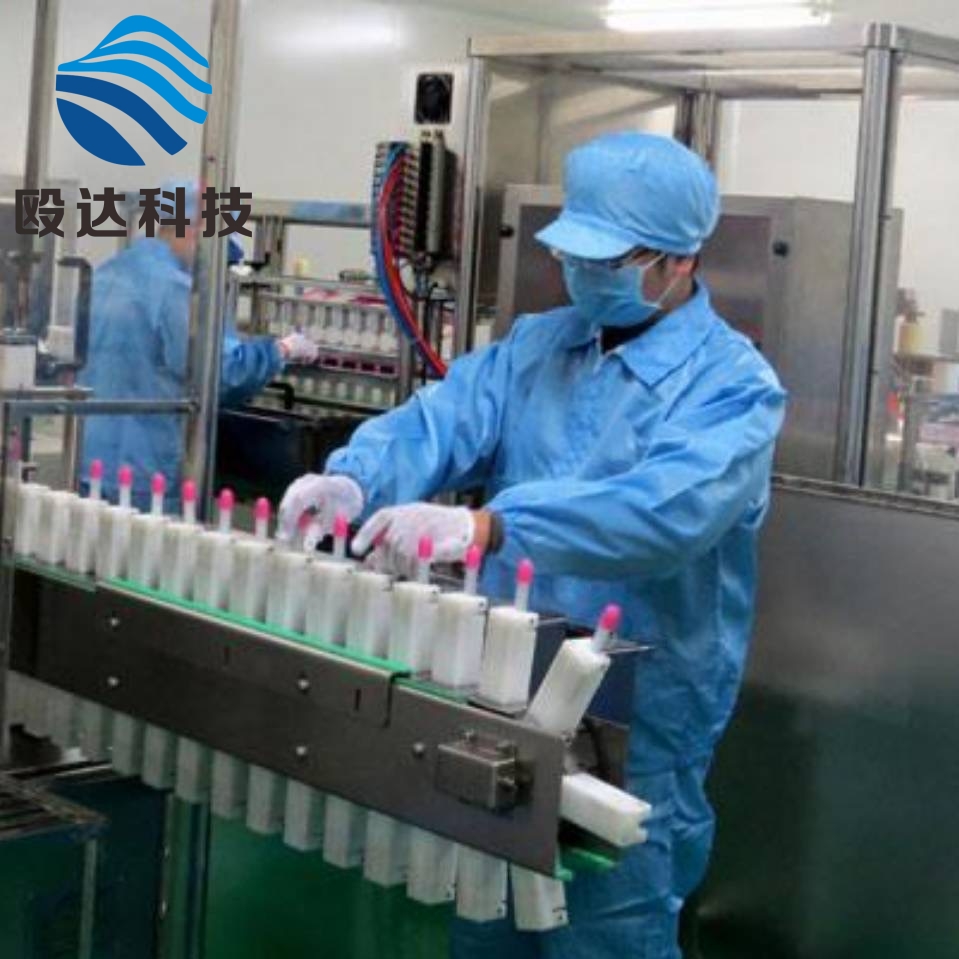-
Categories
-
Pharmaceutical Intermediates
-
Active Pharmaceutical Ingredients
-
Food Additives
- Industrial Coatings
- Agrochemicals
- Dyes and Pigments
- Surfactant
- Flavors and Fragrances
- Chemical Reagents
- Catalyst and Auxiliary
- Natural Products
- Inorganic Chemistry
-
Organic Chemistry
-
Biochemical Engineering
- Analytical Chemistry
- Cosmetic Ingredient
-
Pharmaceutical Intermediates
Promotion
ECHEMI Mall
Wholesale
Weekly Price
Exhibition
News
-
Trade Service
Vitamin D enhances congenital and adaptive immunity.
Because antigen-presenting cells have the ability to synthesize vitamin 1,25-hydroxyvitamin D from 25-hydroxyvitamin D, it has been speculated that vitamin D3 supplementation can improve the function of macrophages and dendrites, thereby improving the overall immune response.
vitamin D deficiency is a potential risk factor for noncommunicable and acute respiratory diseases, including viral infections.
studies have shown that serum optimal 25-hydroxyvitamin D levels may have immunomodulation and anti-inflammatory properties and may benefit patients with coronavirus disease (COVID-19) in 2019.
, however, the benefits of vitamin D3 supplementation for COVID-19 patients remain speculative, supported only by partial observational studies and a small-scale non-randomized trial.
studies have investigated the effects of vitamin D3 dosing on the length of hospital stays and other related clinical outcomes and adverse events in patients with moderate to severe hospitalization of COVID-19.
findings were published recently in the latest journal JAMA.
a multi-center, double-blind, randomized, placebo-controlled trial in two locations in Sao Paulo, Brazil.
the study included 240 patients with moderate to severe COVID-19 who were admitted from 2 June 2020 to 27 August 2020.
patients were randomly assigned to receive a single oral dose of 200,000 IU vitamin D3 (n s 120) or a placebo (n s 120).
end point is the length of hospital stay, defined as the time from the random grouping day to the time of discharge.
predetermined secondary results include mortality during hospitalization; Number of patients in intensive care units; Number and duration of patients requiring mechanical aeration; and serum 25-hydroxyvitamin D, total calcium, creatinine and c-reactive protein levels.
of the 240 randomized patients, 237 were included in the preliminary analysis (average age of sD 56.2 (14.4) years; 104 (43.9 percent) female; average baseline 25-hydroxyvitamin D level 20.9 (9.2) ng/mL).
(7.0 (4.0-10.0 days) and placebo group (7.0 (5.0-13.0) in the vitamin D3 group (4.0-10.0 days) and placebo group (7.0 (5.0-13.0) days) interval) There was no significant difference in hospital stay (number of rank P s .59; unaljusted risk ratio of discharge, 1.07 s.95% CI, 0.82-1.39 s.;P s. 62).
differences in hospital mortality rates in the vitamin D3 and placebo groups were not significant (7.6 per cent to 5.1 per cent; difference was 2.5 per cent (95 per cent CI, -4.1 per cent to 9.2 per cent;P .43), and the admission rate in intensive care units was 16.0 per cent to 21.2 per cent (difference 5.2 per cent) (95% CI, -15.1% to 4.7%) ;P to .30), the ratio of mechanical airfly required is 7.6% to 14.4% (difference, -6.8% (95% CI, -15.1% to 1.2%) ;P to .09).
serum levels of 25-hydroxyvitamin D increased significantly compared to placebos (44.4 ng/mL and 19.8 ng/mL; difference 24.1 ng/mL ( 95% CI, 19.5-28.7) ;P There was no significant difference between the median length of stay in the serum 25-hydroxyvitamin D and placebo groups in patients with high-dose vitamin D3 to moderate-severe coronavirus disease, and in this randomized, double-blind, placebo-controlled clinical trial, single-dose high-dose vitamin D3 did not significantly reduce the length of stay in patients with moderate to severe COVID-19 hospitalization or improve any other clinically relevant outcomes.
study, vitamin D3's ability to increase serum 25-hydroxyvitamin D levels was independent of the clinical benefits of the patient.
intervention, 86.7 percent of patients in the vitamin D3 group achieved a 25-hydroxyvitamin D adequacy ratio (30ng/mL), while the placebo group had a 10.9 percent.
In an after-the-fact analysis limited to patients with 25-hydroxyvitamin deficiency, a single high dose of vitamin D3 was still effective in raising 25-hydroxyvitamin D levels compared to a placebo, but no clinical improvement was found.
results do not support the use of vitamin D3 to treat moderate to severe COVID-19.
: Murai IH, Fernandes AL, Sales LP, et al. Effect of a Single High Dose of Vitamin D3 on Hospital Length of Stay in Patients With Moderate to Severe COVID-19: A Randomized Clinical Trial. JAMA. Published online February 17, 2021. doi:10.1001/jama.2020.26848.MedSci Original Source: MedSci Original Copyright Notice: All notes on this website "Source: Met Medical" or "Source: MedSci Original" text, images and audio and video materials, copyrights are owned by Metz Medicine, without authorization, no media, website or individual may reproduce, authorized to reproduce with the words "Source: Mets Medicine".
all reprinted articles on this website are for the purpose of transmitting more information and clearly indicate the source and author, and media or individuals who do not wish to be reproduced may contact us and we will delete them immediately.
at the same time reproduced content does not represent the position of this site.
leave a message here







